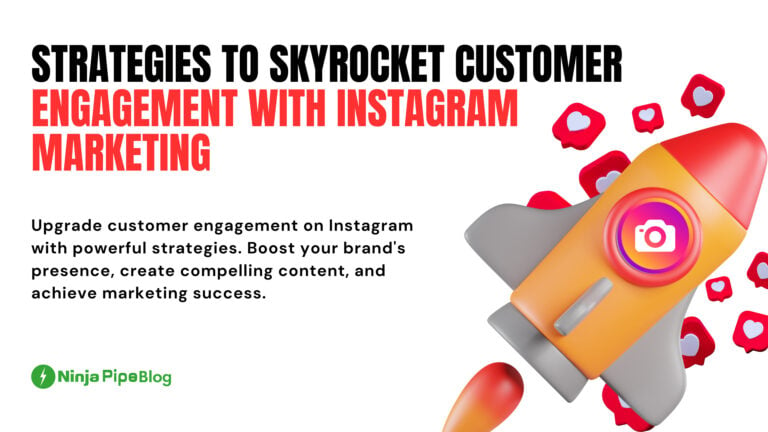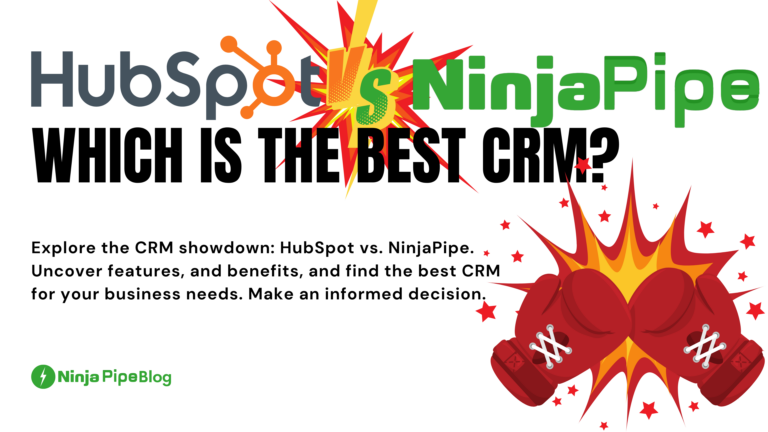Unlock the full potential of your Facebook Page with this comprehensive guide. Learn effective strategies for brand building, engagement, and successful digital marketing.
Introduction
In social media, a well-crafted Facebook page can be the best of your brand’s online presence. However, as illustrated by the unfortunate saga of La Baguette Panaderia, mishandling page management can lead to unforeseen challenges. This comprehensive guide aims to illuminate the significance of Facebook page roles and provide insights on leveraging them effectively for a seamless social media strategy.
Understanding Facebook Page Roles
Facebook page roles dictate the levels of access granted to individuals managing your business page. This crucial aspect goes beyond mere protection; it is a tool for optimizing your social media team’s efficiency. Understanding and utilizing page roles can elevate your social media operations whether you’ve faced cupcake fraud or not.
Roles and Responsibilities
- Admin Role: The omnipotent administrator holds complete control over the page, managing roles, settings, content creation, and even advertisements. This role is crucial for decision-making and overseeing the entire team.
- Editor Role: Editors, the content maestros, handle strategy, content creation, and advertising. They play an active role in shaping the brand’s voice and moderating page activities.
- Moderator Role: Moderators act as gatekeepers, monitoring and responding to posts, comments, and messages. They ensure adherence to community guidelines and have insights into page analytics.
- Advertiser Role: Advertisers focus on promoting the Facebook page, creating ads, boosting posts, and utilizing ad creation tools. They play a pivotal role in strategizing and scaling digital marketing efforts.
- Analyst Role: Analysts are the data wizards, delving into insights, tracking performance, and generating reports. While passive in content creation, they transform data into actionable insights.
- Community Manager Role: Community managers focus on moderating conversations during Facebook Live streams, ensuring a positive user experience. They handle comments, delete problematic content, and engage with the audience.
Tips for Effective Page Role Management
- Assign Roles Thoughtfully: Tailor roles to team members’ attributes and positions. Assign admins to trustworthy individuals, editors to marketing-savvy personnel, moderators to customer service representatives, and so forth.
- Establish a Workflow: Use pending approvals to maintain control over posts, ensuring consistent brand voice and quality. Allow others to post with admin approval, fostering collaboration and user-generated content sharing.
- Utilize Insights for Performance Tracking: Leverage insights tools to assess role performance. Review engagement and reach for editors, response times for moderators, and ad performance for advertisers. Data-driven decisions enhance overall strategy.
- Regularly Update Page Roles: As your business evolves, review and update page roles accordingly. Ensure team members have necessary access while maintaining security. Regular updates prevent outdated permissions and maintain a streamlined operation.
Conclusion
In the ever-evolving social media landscape, mastering Facebook page roles is paramount for brand success. It’s not just about protection; it’s about creating an efficient, collaborative, and strategically sound social media team. Take a moment to review your current setup, address key questions, and set the stage for Facebook’s success. With well-assigned roles and strategic utilization, Facebook can be a powerful ally in reaching your target market and maintaining a strong online presence.








Leave a Comment